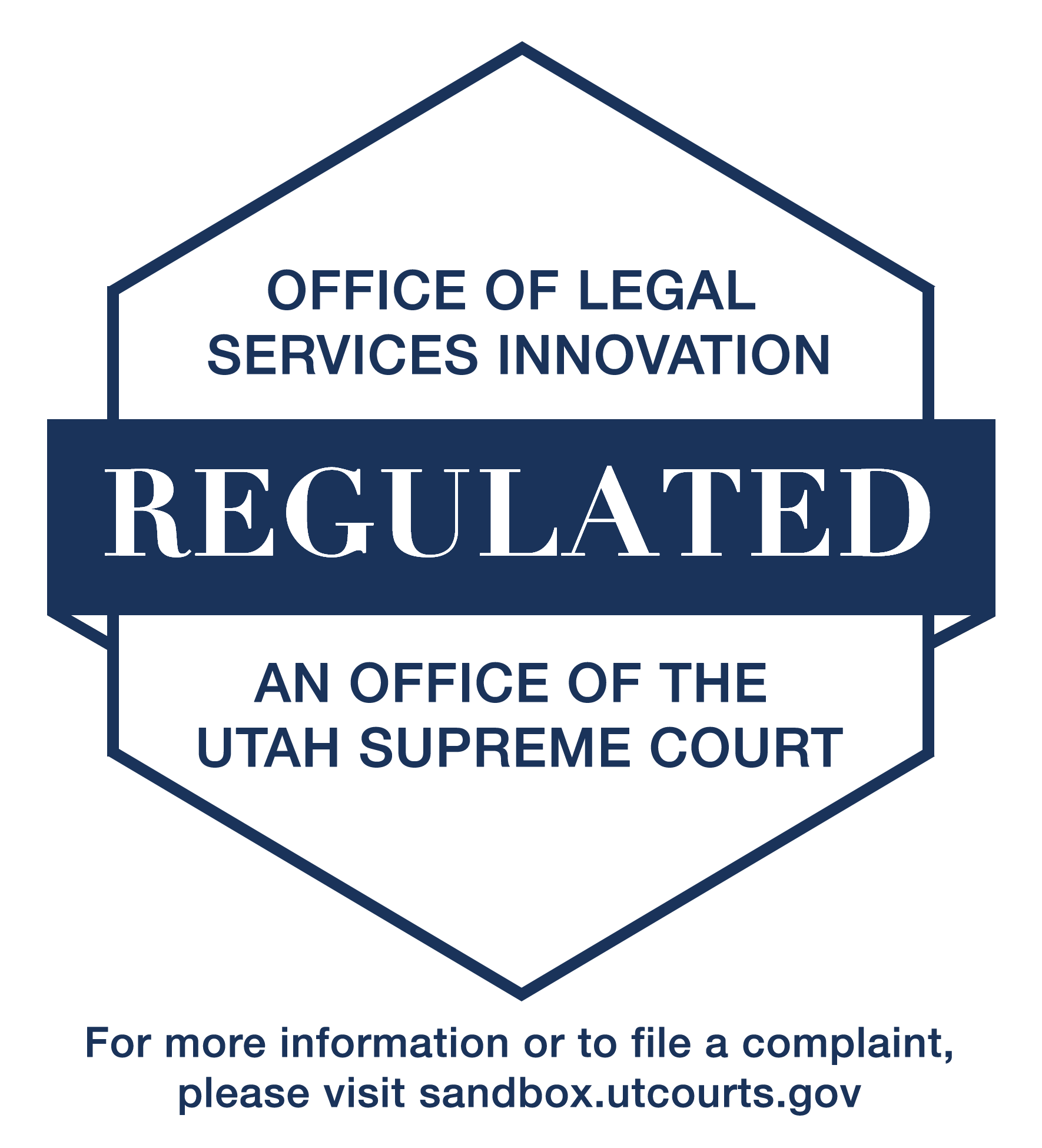We’re very sensitive to the emotional and financial drain that a pending divorce and potential custody battle can bring. Disagreements over visitation rights, financial support, and general custody of the children can lead to great frustration, hostility, and even aggression—intensifying an already difficult process.
Reaching the best outcome in a child custody case begins with preparation. 1LAW Certified Family Law Experts can help you plan invaluable steps to take toward financial readiness and general stability at home.
In most child custody cases, the Court will look at the overall wellbeing of each child—including examination of health, safety, stability, opportunity, neglect, abandonment, or abuse. Parents must pay close attention to the emotional welfare of each individual child. A parent might consider seeking out emotional support groups and child behavior counseling—to not only strengthen the children, but to show the Court a genuine interest in the child’s emotional welfare.
Additionally, parents facing a child custody battle should consider his or her actions and how they will reflect on the Court. 1LAW Certified Family Law Experts will help you understand the importance of avoiding nightlife and dating during a child custody battle. Other behaviors such as sexual promiscuity, substance use, reckless and raucous activities, or anything that might give the Court the impression that you care more about your own desires than your child’s, will only further complicate the litigation.
Moving on with one’s personal life can be very difficult during or after a divorce. However challenging, avoid establishing new personal, especially intimate, relationships—especially the type that would involve direct contact with the children—or appear to be taking you away from their care.
For financial advice and other counsel to help you prevail in child custody litigation, call and speak with a 1LAW Certified Family Law Expert today.
It is the duty of the trustee to administer the trust in such a way as to fulfill the terms of the trust instrument (such duties and powers can be spelled out expressly or they can be implied by law).
Power sources
– The trustee must have the authority to act, otherwise, the trust is invalid. Where the trustee’s power to act comes from varies. More often than not, the settelor will spell out the powers and duties of the trustee very clearly and specifically in the trust instrument itself. However, there are times when such powers and duties can be implied by law as well. As a general matter, the trustee has the power to collect and hold trust property, to instigate and defend lawsuits on behalf of the trust, and prudently invest trust assets. Again, these powers and duties should be clearly spelled out in the trust instrument and a trustee should consult with an attorney if any questions arise.
Trustee’s Duties
– A trustee has certain duties that must be followed, the breach of which can leave the trustee open to personal liability. Generally, the trustee holds the following duties (this is not an exhaustive list): to administer the trust prudently and in good faith, to administer the trust with absolute loyalty (i.e. no buying and selling of trust property, no borrowing of trust funds, avoiding personal gain through position as trustee), no self dealing, and duty to invest prudently.

